
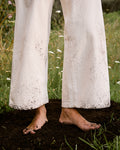
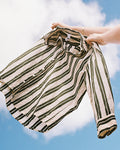
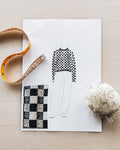
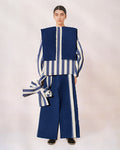
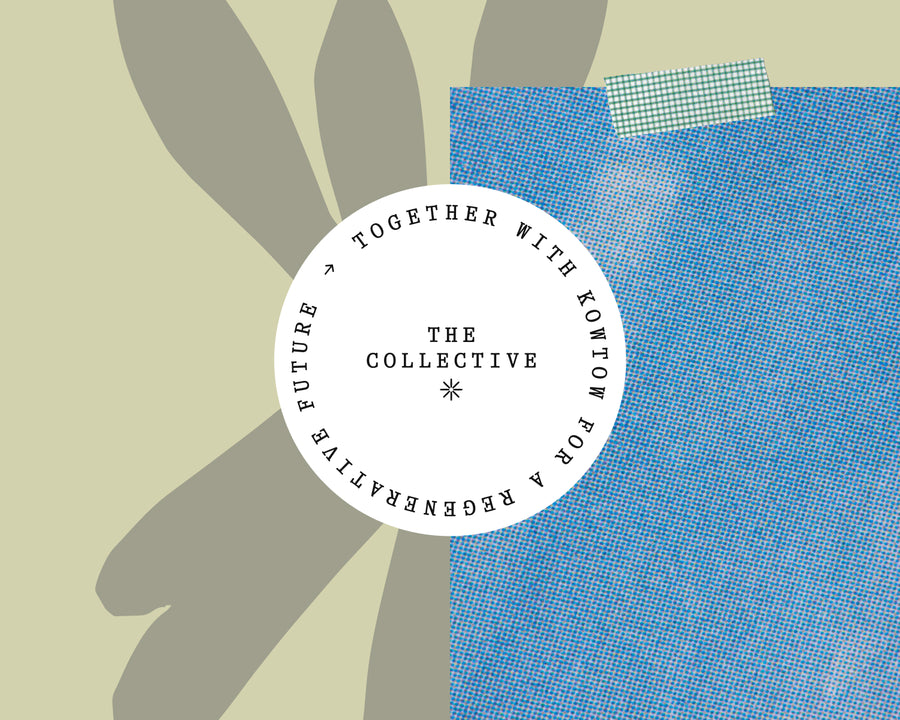
Welcome to The Collective.
Earn Collective points when you shop. Use your points as vouchers on future purchases. As your points grow, so does your Collective tier — unlocking new benefits along the way.
Take action. Create your Collective account online or in-store and start enjoying member benefits straight away.
Points for purpose: earn 1 point for every $1 spent.
Your Collective perks grow with you. Redeem points for reward vouchers at checkout.
Every journey begins with a seed. A small but powerful start, rooted in curiosity, conscious choices and plenty of room to grow.
- Build your Kowtow wardrobe and earn Collective points
-
First access to collection previews, exclusive products and experiences
Growth is underway, impact is spreading and thoughtful habits are becoming second nature.
- Build your Kowtow wardrobe and earn collective points
- Be the first to know with collection previews, exclusive products and experiences
-
Bonus points when you move up a tier
Purpose flourishes to cultivate a regenerative future, mindful choices and positive change blooms.
- Build your Kowtow wardrobe and earn collective points
- Be the first to know with collection previews, exclusive products and experiences
- Bonus points when you move up a tier
- Seasonal range previews
- Free shipping